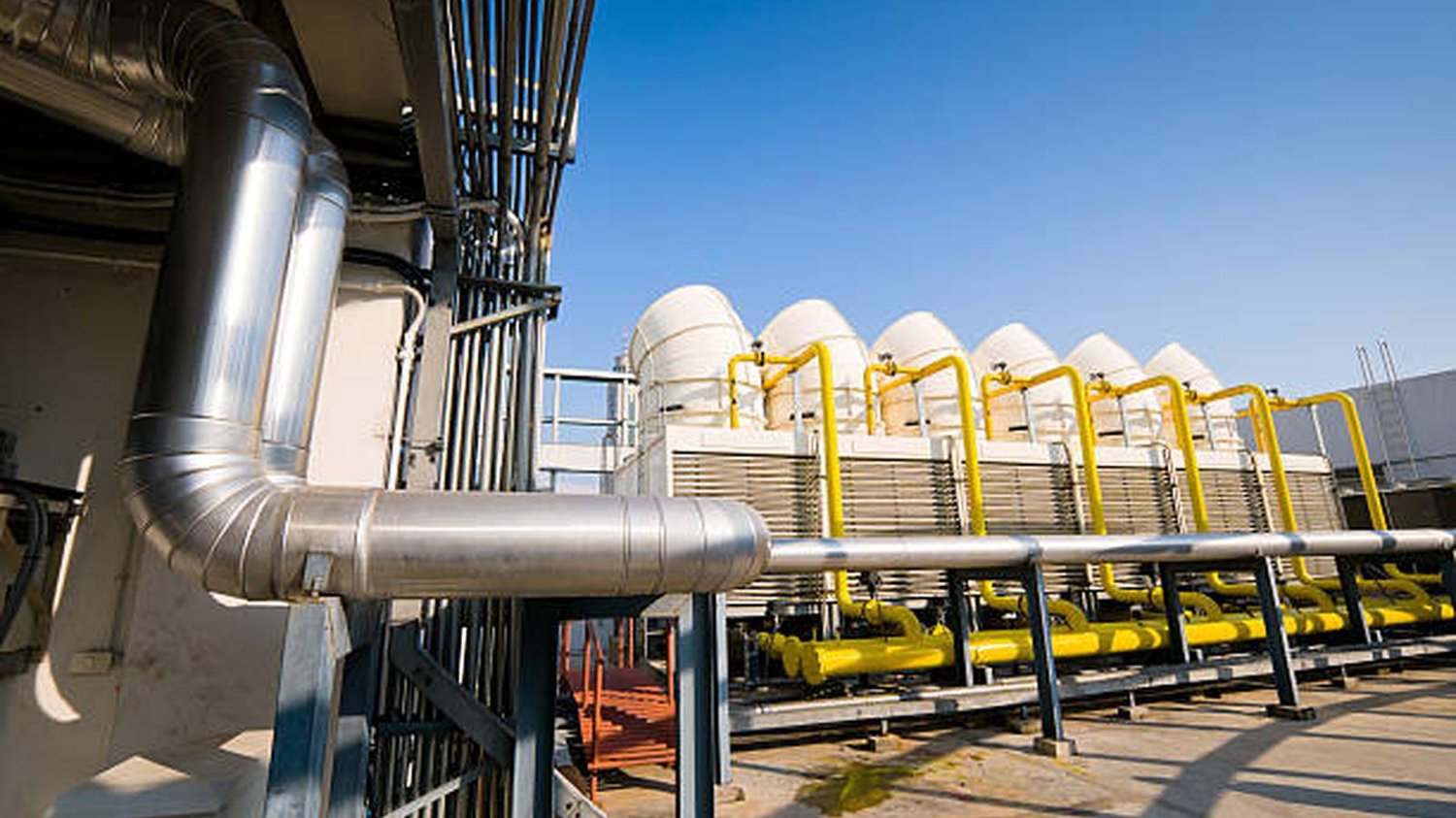Closed Cooling Tower: The Solution for Efficient Heat Dissipation
Introduction: In industries where heat generation is an inevitable byproduct, efficient heat dissipation is crucial to maintain the optimal performance of equipment and prevent downtime. One of the most effective solutions for heat dissipation is the closed cooling tower. Closed cooling towers are specially designed to minimize water loss and provide efficient cooling for various industrial applications. This article will discuss the benefits and working principle of closed cooling towers, their applications in different industries, and the reasons why they should be considered as a preferred option for heat dissipation.
Working Principle of Closed Cooling Tower
A closed cooling tower operates on the principle of indirect cooling. It consists of two separate circuits: the process circuit and the cooling circuit. The process circuit carries the hot water from the equipment that needs to be cooled, while the cooling circuit consists of a heat exchanger and a separate cooling medium, which is usually air or water.
The hot water from the process circuit flows through the heat exchanger, where it transfers its heat to the cooling medium. The cooling medium absorbs the heat and carries it away, while the cooled water is then recirculated back to the equipment for further cooling. This continuous process ensures effective heat dissipation without any direct contact between the process water and the cooling medium.
Benefits of Closed Cooling Towers
Closed cooling towers offer several advantages over traditional open cooling systems, making them a preferred choice in various industries:
- Water Conservation: Closed cooling towers minimize the water loss as they operate in a closed loop system. The water used for heat transfer remains inside the tower and is recirculated, significantly reducing water consumption compared to open cooling systems.
- Energy Efficiency: The closed loop design improves energy efficiency as it eliminates the need for continuous water supply and reduces the energy required for water treatment and makeup.
- Reduced Chemical Treatment: Closed cooling towers require minimal chemical treatment as the absence of direct contact between the cooling medium and the process water reduces the risk of scaling, corrosion, and biological growth.
- Space Saving: Closed cooling towers have a compact design and occupy less space compared to open cooling systems, making them suitable for industries with limited space availability.
- No Contamination: The closed loop system ensures that the process water remains separate from the cooling medium, eliminating the risk of contamination and improving the overall quality of water used in the industrial processes.
Applications of Closed Cooling Towers
Closed cooling towers find extensive applications in various industries, including:
- Power plants
- Petrochemical refineries
- Chemical processing plants
- Pharmaceutical industries
- Food and beverage industries
- Plastic molding industries
The ability of closed cooling towers to provide efficient heat dissipation in a wide range of industrial processes makes them an essential component for maintaining the performance and reliability of equipment.
Conclusion
Closed cooling towers offer an effective and efficient solution for heat dissipation in industries where heat generation is inevitable. With their water conservation, energy efficiency, reduced chemical treatment, space-saving design, and contamination-free operation, closed cooling towers have proven to be a preferred choice for various industrial applications. Consider implementing closed cooling towers in your industrial processes to ensure optimal performance, reduce water consumption, and minimize the risk of equipment downtime.
We welcome any questions or feedback you may have, so don't hesitate to get in touch with our knowledgeable team
